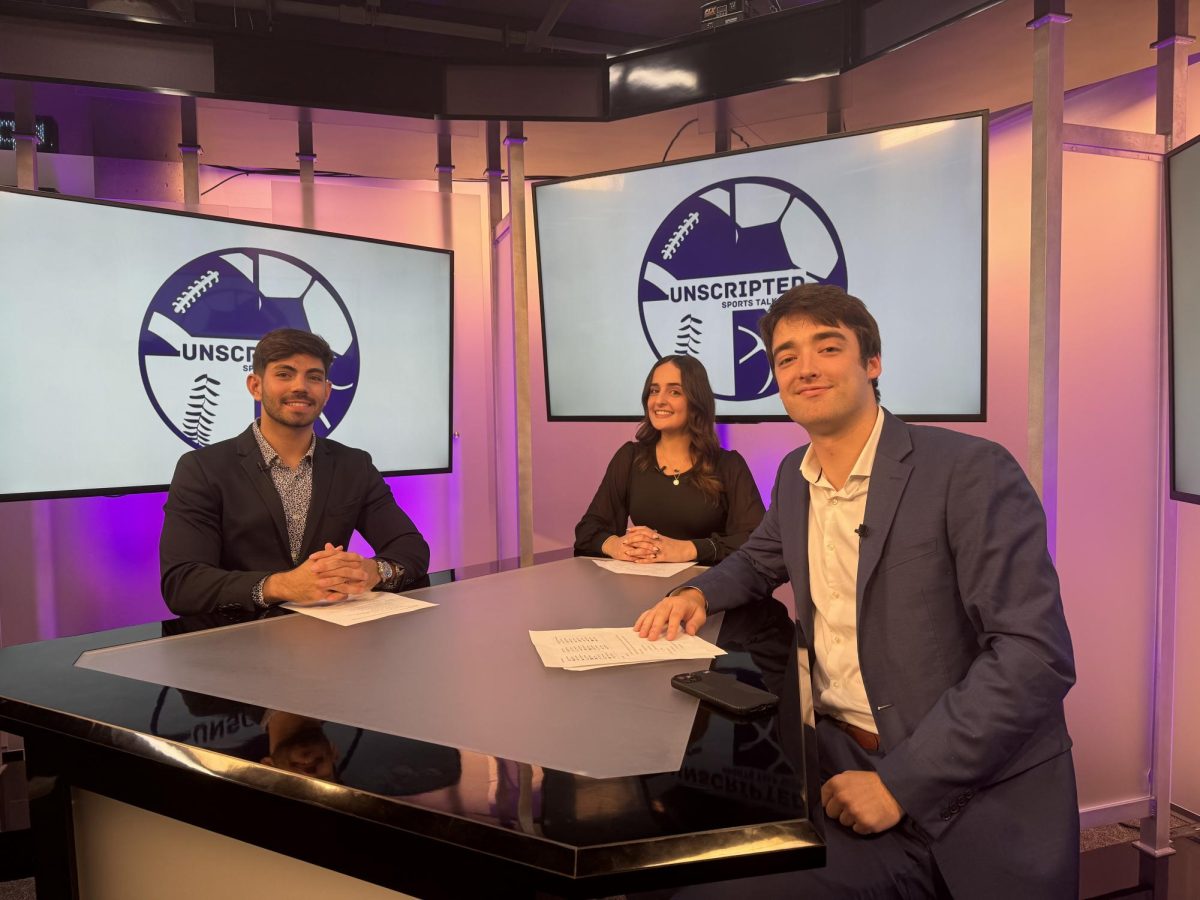Many students are pirates, or at least according to the Recording Industry Association of America.Students can use the TCU network to access ourTunes, which is a program designed to allow browsing for music on iTunes, without an Internet connection.
Users of iTunes can only listen to music in other peoples’ libraries, whereas users of ourTunes can both listen and download music free of charge, said Tony Masia, a junior history major.
Masia said he prefers to use ourTunes, but when he cannot find a song, he will buy it on the Internet.
“As long as you don’t (illegally download) heavily, (record companies) aren’t going to come after you,” Masia said. “It’s a waste of their time.”
Dave Edmondson, assistant provost for information services, said throughout the year at TCU, approximately one student a week is caught violating copyright law by illegally downloading music from Web sites.
Edmondson is alerted when students’ IP addresses are found downloading music illegally by the record companies or companies hired to find piraters. The students are then disconnected from the TCU network and contacted by Campus Life.
Assistant Dean of Campus Life Shelley Story said it is often difficult to get a hold of a students because they do not set up their residence hall phones or update Frog Calls; therefore, many students end up in Campus Life wondering why they were disconnected.
She said students sign an affidavit saying they will not repeat the offense. They also are required to send an e-mail to 20 people explaining about illegal downloading of music.
Students have to delete all illegal files and programs they used to download the files, and once the student completes those three requirements, he or she is reconnected to the network. Most students will follow the requirements, but some prefer to keep their programs and files.
“All we want is to keep our students from being sued,” Story said.
She also said she wants to educate students about which sites are legal because there are many sites that pose as legitimate sites but are not.
According to the Recording Industry Association of America Web site, the recording industry loses approximately $4.2 billion a year to piracy worldwide.
Edmondson said students continue to download music despite the potential penalties. It is an issue of education, he said, and many students are not aware that downloading music for free is against copyright law.
“You wouldn’t go into a store and take a CD without paying for it,” Edmondson said.




